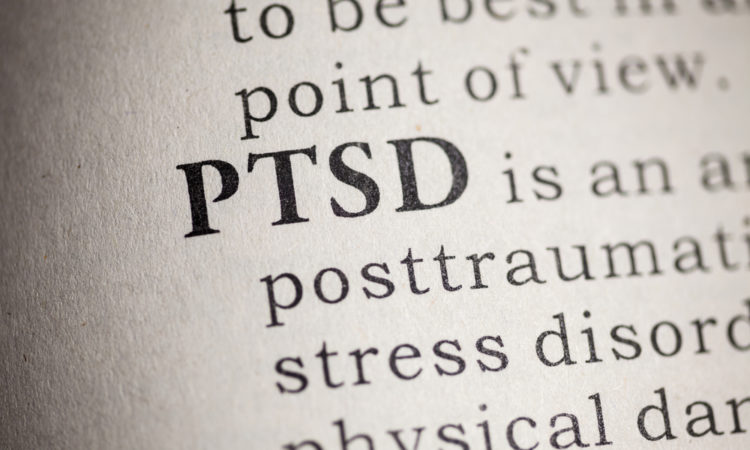
Coronavirus vs. PTSD
The Coronavirus has brought new waves of PTSD. More and more people are experiencing delirium. This isn’t abnormal to those who have PTSD. Many people that experience it believe many things that are not true. Delirium leads to intense anxiety, stress, and confusion. Knowing how to battle PTSD, in the age of the Corona, will help you deal with delirium and depression symptoms.
Delirium is the state of confusion to one’s mental and emotional health.. This can be hard on family members who try to help the person with PTSD. They just don’t understand it or know how to help as it’s out of their control.In example, people who have suffered SARS or MERS developed PTSD, anxiety and depression. So, there could be a chance of the same symptoms rising off of COVID-19 patients. Even with one year of recovery, 15% percent of patients who reported to have SARS or MERS continued having depression symptoms, such as fatigue, mood swings and sleep disorders.
Some people may question, what does PTSD have anything to do with the Coronavirus? Well, it’s trauma related. Trauma comes about where there is a lack of control. Simply put, your environment leads to negative coping skills.
Manageable Ways
Licensed therapist Alyssa Cotton shares ways you can manage PTSD. One is to identify your trigger. Could it be something you heard or something that was said to you that led you to your trigger? What’s interesting is that triggers cannot be controlled because you simply don’t know or cannot determine when they will pop up. Yet, if you can identify it then you can learn to change your response. Second thing is to identify your trauma response. This is the natural way your body and your mind respond to trauma.
Five Trauma Responses
There are five different trauma responses. Knowing which one resonates with you can help alleviate your stress and anxiety.
Fight. You are fighting against the trauma.You feel judgemental, mistrustful, combative and short-tempered.
Flight. You are doing your best to escape or avoid the problem, yet you become ambivalent to the situation.
Freeze. You are shaken with fear and panic. You become indecisive and uneasy.
Shame. You feel withdrawn and let down. You become isolated and defeated. You want to give up.
Attach. You are trying to develop a connection or a cry for help. Either way, you end up coping negatively with the trauma by increasing sex drive, drinking, self-harm and suicide.
In all, if you believe you have PTSD then I highly recommend talking to a professional. A professional will walk you through techniques suitable for you. It can be hard to do this on our own. We, at Counseling on Demand, are eager to help you and break down your goals. Remember that delirium is normal and that nothing is wrong with you if you experience it. You may feel resistant reading this but with all these different types of responses, you have to be compassionate towards yourself. Work from what you know and identify your trigger and your trigger response. It’s important to keep up with healthy coping skills such as exercising or journaling. Be easy on yourself. Remind yourself that you have a choice to respond in a healthy or unhealthy way. When you know better, you will do better.